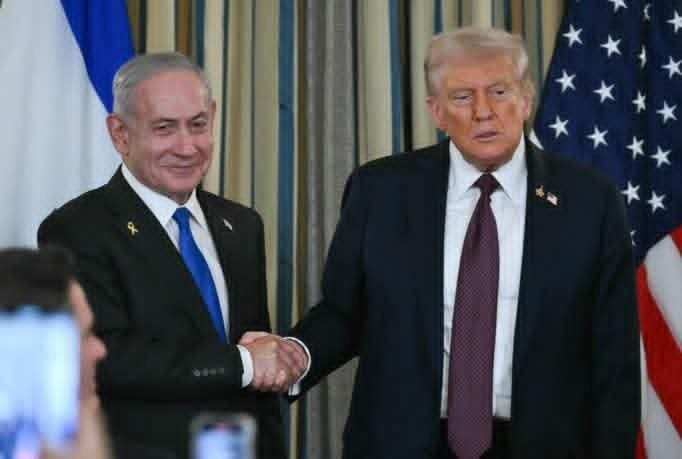European and Middle Eastern leaders have thrown their weight behind a new United States-brokered ceasefire proposal aimed at halting the war in Gaza, even as questions lingered over its implementation and Israel’s long-term intentions.
The 20-point peace plan, unveiled on Monday at the White House by US President Donald Trump and Israeli Prime Minister Benjamin Netanyahu, called for an immediate ceasefire, the release of 20 living Israeli hostages within 72 hours, and the return of the remains of more than two dozen others believed dead. In return, Israel would free hundreds of Palestinian prisoners.
“This is a historic day for peace,” Trump declared at the joint news conference. However, he issued a stark warning to Hamas: “If Hamas does not agree to this plan, Prime Minister Netanyahu will have our full backing to finish the job of destroying the threat of Hamas.”
Netanyahu reinforced the message, stating that Israel “will finish the job” if Hamas rejects or fails to implement the deal. But in a video statement released soon after, the Israeli leader reaffirmed his opposition to a Palestinian state, despite the White House proposal leaving room for one. “It’s not written in the agreement. We said we would strongly oppose a Palestinian state,” he insisted. He also maintained that the Israel Defense Forces would remain in Gaza, contradicting provisions in the US-published text.
For its part, Hamas has been handed the document, according to Palestinian sources. The Palestinian Authority (PA), which governs parts of the West Bank, cautiously welcomed Washington’s efforts, describing them as “sincere and determined.” In a statement via its Wafa news agency, the PA said it “renews its joint commitment to work with the United States, regional states, and partners to end the war in Gaza, ensure sufficient delivery of humanitarian aid, and secure the release of hostages and prisoners.”
The proposal has also gained strong support across the Middle East. In a joint statement, the foreign ministers of the United Arab Emirates, Saudi Arabia, Qatar, Egypt, Jordan, Turkey, Indonesia, and Pakistan praised Trump’s “leadership and his sincere efforts to end the war in Gaza.” They urged swift engagement to finalise and implement the deal, stressing it should pave the way for a “two-state solution, under which Gaza is fully integrated with the West Bank in a Palestinian state.”
From Europe, European Council President Antonio Costa said he was “encouraged by Prime Minister Netanyahu’s positive response” to the US initiative. “All parties must seize this moment to give peace a genuine chance,” he added.
While the plan has triggered cautious optimism among global leaders, its success hinges on Hamas’s response and Israel’s willingness to adhere to provisions that could reshape the future of Gaza and the Palestinian question.





